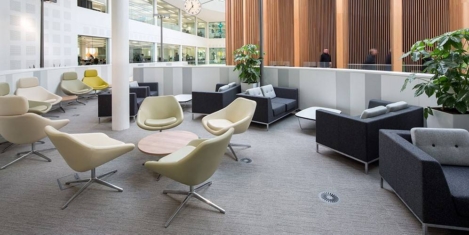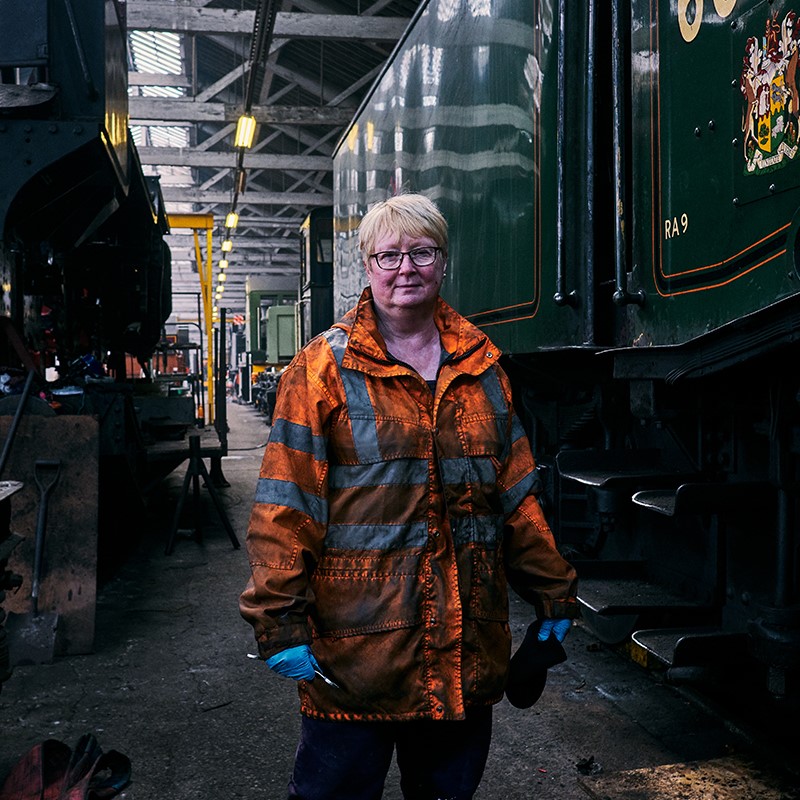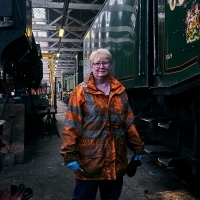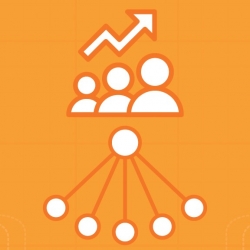To provide the best experiences, we use technologies like cookies to store and/or access device information. Consenting to these technologies will allow us to process data such as browsing behaviour or unique IDs on this site. Not consenting or withdrawing consent, may adversely affect certain features and functions.
The technical storage or access is strictly necessary for the legitimate purpose of enabling the use of a specific service explicitly requested by the subscriber or user, or for the sole purpose of carrying out the transmission of a communication over an electronic communications network.
The technical storage or access is necessary for the legitimate purpose of storing preferences that are not requested by the subscriber or user.
The technical storage or access that is used exclusively for statistical purposes.
The technical storage or access that is used exclusively for anonymous statistical purposes. Without a subpoena, voluntary compliance on the part of your Internet Service Provider, or additional records from a third party, information stored or retrieved for this purpose alone cannot usually be used to identify you.
The technical storage or access is required to create user profiles to send advertising, or to track the user on a website or across several websites for similar marketing purposes.
![]() A six-month trial of the recently much talked about four day week has been launched across the United Kingdom. Around thirty companies are expected to take part, who have also committed to retaining current pay and conditions for the employees involved. The pilot has been launched by the think tank Autonomy, 4 Day Week Global, the 4 Day Week UK Campaign and researchers at Cambridge University, Oxford University and Boston College. More →
A six-month trial of the recently much talked about four day week has been launched across the United Kingdom. Around thirty companies are expected to take part, who have also committed to retaining current pay and conditions for the employees involved. The pilot has been launched by the think tank Autonomy, 4 Day Week Global, the 4 Day Week UK Campaign and researchers at Cambridge University, Oxford University and Boston College. More →




 The UK Green Building Council (
The UK Green Building Council (
 A series of reports published by the International Longevity Centre UK (ILC) highlights the economic opportunities of longer lives across Europe. According to
A series of reports published by the International Longevity Centre UK (ILC) highlights the economic opportunities of longer lives across Europe. According to 
 Socio-economic fault lines exposed by COVID-19 are creating an unforgiving marketplace, with companies under scrutiny from governments and the public and little room to avoid disputes and investigations into business practices and behavior, according to a new report from
Socio-economic fault lines exposed by COVID-19 are creating an unforgiving marketplace, with companies under scrutiny from governments and the public and little room to avoid disputes and investigations into business practices and behavior, according to a new report from 
 Scotland is to become the latest nation to trial a
Scotland is to become the latest nation to trial a 


 While lower occupancy has reduced the carbon footprint of many commercial office buildings amid the pandemic, higher CO2 emissions from hybrid working significantly outstrips these declines, according to data analysed by
While lower occupancy has reduced the carbon footprint of many commercial office buildings amid the pandemic, higher CO2 emissions from hybrid working significantly outstrips these declines, according to data analysed by 
 Following the sobering message from the
Following the sobering message from the 
 The
The 
 The UK Green Building Council (UKGBC) has responded to the Intergovernmental Panel on Climate Change’s (IPCC) Sixth Assessment Report, referring to it as a massive wake-up call. At the end of last year, the organisation set out
The UK Green Building Council (UKGBC) has responded to the Intergovernmental Panel on Climate Change’s (IPCC) Sixth Assessment Report, referring to it as a massive wake-up call. At the end of last year, the organisation set out 
 A new report from the
A new report from the 









September 23, 2021
Resilient companies need the trust of their employees more than ever
by Kate Field • Comment, Workplace